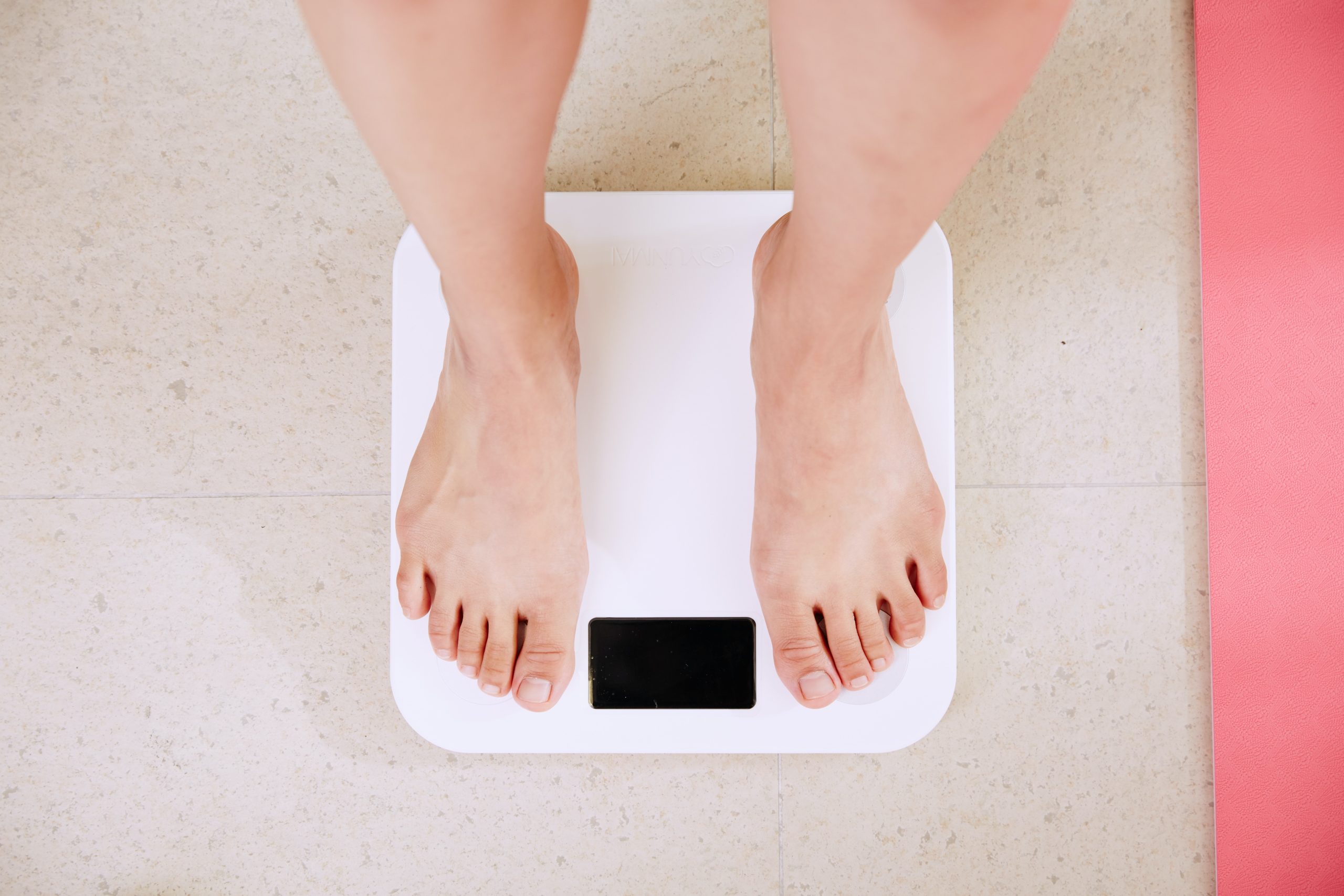4 Tips; Keep a food diary for safe and sustainable weight loss
Keeping track of what you eat can help you become more aware of your eating habits. Use a food diary or a mobile app to record your meals and snacks.
When it comes to achieving safe and sustainable weight loss, one of the most effective tools at your disposal is keeping a food diary. This simple practice of recording what you eat and drink can provide invaluable insights into your eating habits, help you make healthier choices, and ultimately support your weight loss goals.
The Power of Awareness
Keeping a food diary is all about increasing your awareness of what you consume on a daily basis. Many of us have a tendency to underestimate the amount of food we eat or forget about those extra snacks throughout the day. By writing down every morsel that goes into your mouth, you gain a clearer picture of your overall eating patterns and can identify areas for improvement.
Not only does a food diary help you track your caloric intake, but it also allows you to monitor the nutritional value of your meals. You can easily see if you’re getting enough fruits and vegetables, lean proteins, and whole grains, or if your diet is lacking in certain nutrients. This awareness is crucial for making informed decisions about what you eat and ensuring you’re providing your body with the necessary fuel for weight loss.
Identifying Triggers and Patterns
A food diary can be a powerful tool for uncovering the triggers and patterns that contribute to overeating or unhealthy food choices. By noting down not just what you eat, but also when and why, you can start to identify any emotional or situational factors that may be influencing your eating habits.
For example, you may notice that you tend to snack more when you’re stressed or bored, or that you often reach for unhealthy options when dining out with friends. Armed with this knowledge, you can develop strategies to address these triggers and find healthier alternatives or coping mechanisms.
Accountability and Support
Keeping a food diary also provides a sense of accountability. When you have to write down everything you eat, you become more mindful of your choices and less likely to indulge in mindless snacking or excessive portions. It serves as a constant reminder of your weight loss goals and helps you stay on track.
In addition, sharing your food diary with a trusted friend, family member, or healthcare professional can provide valuable support and guidance. They can offer insights, suggest healthier alternatives, and help you stay motivated throughout your weight loss journey.
Tips for Keeping a Food Diary
Here are some tips to help you get started with keeping a food diary:
- Choose a format that works for you, whether it’s a physical notebook, a smartphone app, or an online tool.
- Be consistent and record everything you eat and drink, including portion sizes.
- Include details such as the time of day, location, and any emotions or circumstances surrounding your meal.
- Review your food diary regularly to identify patterns and make adjustments to your eating habits.
- Be honest with yourself. Remember, the purpose of a food diary is to help you make positive changes, not to judge or criticize.
By incorporating the practice of keeping a food diary into your weight loss journey, you can gain a deeper understanding of your eating habits, make healthier choices, and achieve safe and sustainable weight loss. It’s a small investment of time and effort that can yield significant results in the long run.
